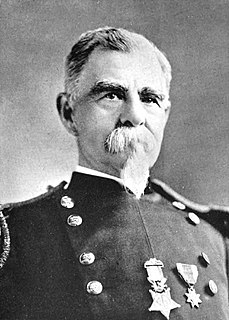A Quote by Albert Einstein
There is nothing divine about morality; it is a purely human affair. If people are good only because they fear punishment, and hope for reward, then we are a sorry lot indeed. What the individual can do is to give a fine example, and to have the courage to uphold ethical values .. in a society of cynics.
Related Quotes
The feeling for what ought and ought not to be grows and dies like a tree, and no fertilizer of any kind will do much good. What the individual can do is give a fine example, and have the courage to firmly uphold ethical convictions in a society of cynics. I have for a long time tried to conduct myself this way, with varying success.
It seems to me that the idea of a personal God is an anthropological concept which I cannot take seriously. I also cannot imagine some will or goal outside the human sphere... Science has been charged with undermining morality, but the charge is unjust. A man's ethical behavior should be based effectually on sympathy, education, and social ties and needs; no religious basis is necessary. Man would indeed be in a poor way if he had to be restrained by fear of punishment and hope of reward after death.
Since ancient times, the philosophers' secret has always been this: we know that God does not exist, or, at least, if he does, he's utterly indifferent to our individual affairs--but we can't let the rabble know that; it's the fear of God, the threat of divine punishment and the promise of divine reward, that keeps in line those too unsophisticated to work out questions of morality on their own.
[Religion] attacks us in our deepest integrity - the core of our self-respect. Religion says that we would not know right from wrong, we would not know an evil, wicked act from a decent human act without divine permission, without divine authority or without, even worse, either the fear of a divine punishment or the hope of a divine reward. It strips us of the right to make our own determination, as all humans always have, about what is and what is not a right human action.




























